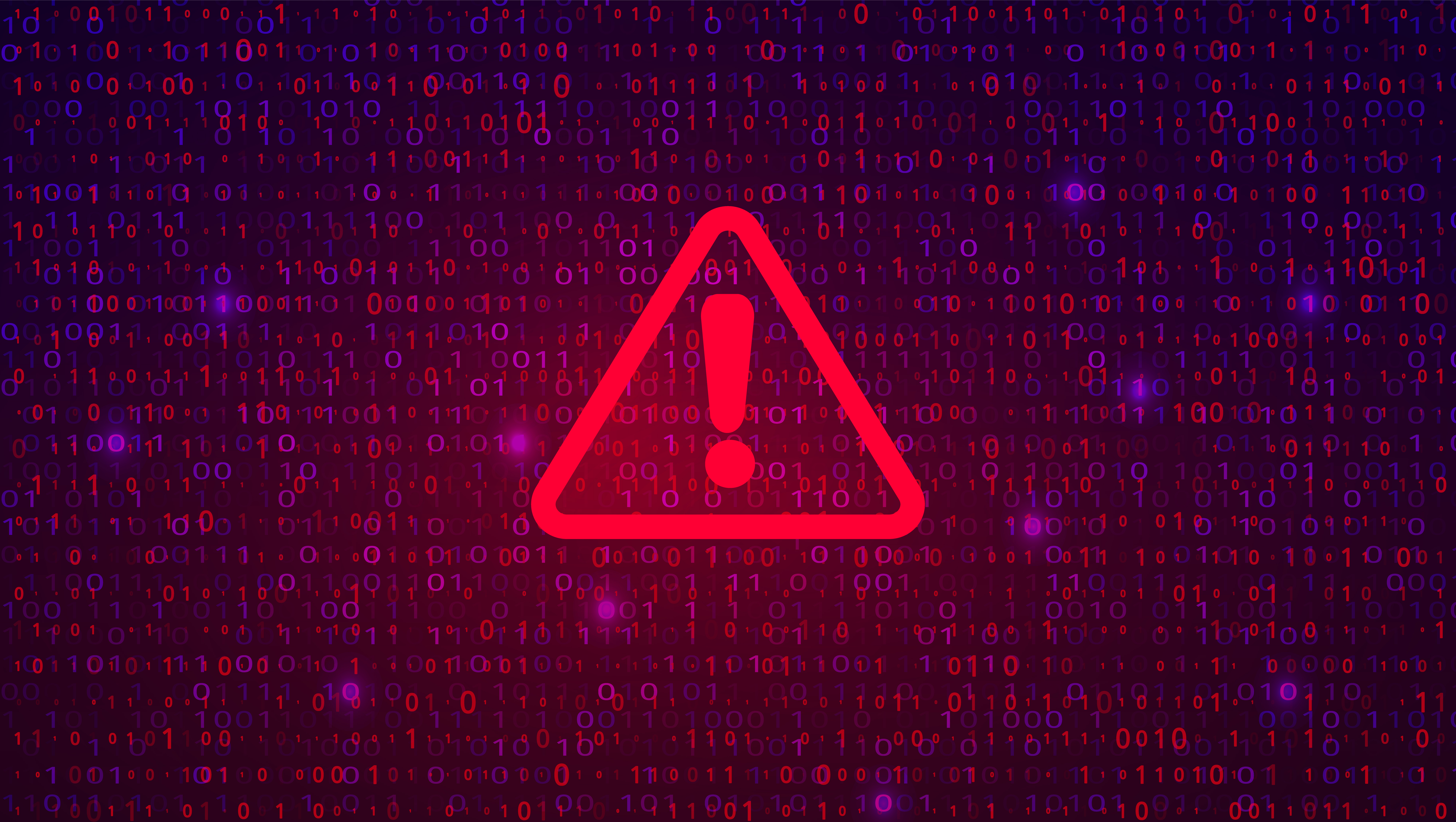VMware’s ESXi security issues spur new ransomware gang into action
The popularity of ESXi combined with a lack of security tools makes it an “attractive target” for threat actors


Sign up today and you will receive a free copy of our Future Focus 2025 report - the leading guidance on AI, cybersecurity and other IT challenges as per 700+ senior executives
You are now subscribed
Your newsletter sign-up was successful
Security experts have issued a warning over a new ransomware as a service (RaaS) gang that has been observed targeting VMware ESXi servers.
Researchers at CrowdStrike said the new group, dubbed ‘MichaelKors’, was first identified operating in the wild in April this year.
The group was observed providing affiliate groups with ransomware binaries specifically targeting Windows and ESXi/Linux systems.
The discovery comes amid a period of rising concern over threat actors increasingly targeting ESXi interfaces due to a pervasive lack of security tools, researchers said.
“More and more threat actors are recognizing that the lack of security tools, lack of adequate network segmentation of ESXi interfaces, and in-the-wild vulnerabilities for ESXi create a target-rich environment,” they said.
CrowdStrike said it has “increasingly observed big game hunting threat actors” deploying Linux versions of ransomware tools to target VMware’s ESXi vSphere hypervisors.
This trend escalated significantly in the first quarter of 2023, the company added.
Sign up today and you will receive a free copy of our Future Focus 2025 report - the leading guidance on AI, cybersecurity and other IT challenges as per 700+ senior executives
“RaaS platforms including ALPHV, LockBit and Defray – tracked by CrowdStrike Intelligence as ALPHA SPIDER, BITWISE SPIDER and SPRITE SPIDER, respectively – have been leveraged to target ESXi,” researchers at the firm said.
ESXi vulnerabilities
According to CrowdStrike, the emergence of an aggressive new RaaS group could pose significant risks for organizations leveraging VMware’s hypervisor.
RELATED RESOURCE

Achieving resiliency with Everything-as-a-Service (XAAS)
Transforming the enterprise IT landscape
DOWNLOAD FOR FREE
ESXi by design, researchers said, “does not support third-party agents or antivirus software and VMware states in its documentation that antivirus software is not required”.
This inherent vulnerability, combined with the popularity of ESXi, makes it a “highly attractive target” for threat actors.
ESXi is a Type-1 hypervisor developed by VMware that is used extensively by businesses worldwide to run and manage virtual machines (VMs).
“VMware virtual infrastructure products are highly attractive targets for attackers due to the predominance of this vendor in the virtualization field and because VMware’s product line is often a crucial component of an organization's IT infrastructure virtualization and management system,” researchers said.
ESXIArgs concerns
Earlier this year, organizations globally scrambled to mitigate risks associated with ESXi after vulnerabilities were actively exploited by threat actors.
In February, the French Computer Emergency Response Team (CERT-FR) issued a warning over the ESXiArgs ransomware campaign.
Tracked as CVE-2021-21974, the security vulnerability was caused by a heap overflow issue in the OpenSLP service, and enabled an attacker to remotely execute arbitrary code.
Threat actors were able to target unpatched ESXi servers due to a two-year-old remote code execution (RCE) vulnerability.
Within days of the disclosure from CERT-FR, thousands of organizations spanning both the public and private sectors were impacted by the vulnerability.
Data compiled by Censys and Shodan revealed that, within two days of the disclosure, more than 2,800 organizations had been affected and were experiencing an onslaught of attacks.

Ross Kelly is ITPro's News & Analysis Editor, responsible for leading the brand's news output and in-depth reporting on the latest stories from across the business technology landscape. Ross was previously a Staff Writer, during which time he developed a keen interest in cyber security, business leadership, and emerging technologies.
He graduated from Edinburgh Napier University in 2016 with a BA (Hons) in Journalism, and joined ITPro in 2022 after four years working in technology conference research.
For news pitches, you can contact Ross at ross.kelly@futurenet.com, or on Twitter and LinkedIn.
-
 Pulsant unveils high-density data center in Milton Keynes
Pulsant unveils high-density data center in Milton KeynesNews The company is touting ultra-low latency, international connectivity, and UK sovereign compute power to tempt customers out of London
-
 Anthropic Labs chief claims 'Claude is now writing Claude'
Anthropic Labs chief claims 'Claude is now writing Claude'News Internal teams at Anthropic are supercharging production and shoring up code security with Claude, claims executive
-
 Ransomware gangs are sharing virtual machines to wage cyber attacks on the cheap – but it could be their undoing
Ransomware gangs are sharing virtual machines to wage cyber attacks on the cheap – but it could be their undoingNews Thousands of attacker servers all had the same autogenerated Windows hostnames, according to Sophos
-
 Google issues warning over ShinyHunters-branded vishing campaigns
Google issues warning over ShinyHunters-branded vishing campaignsNews Related groups are stealing data through voice phishing and fake credential harvesting websites
-
 The FBI has seized the RAMP hacking forum, but will the takedown stick? History tells us otherwise
The FBI has seized the RAMP hacking forum, but will the takedown stick? History tells us otherwiseNews Billing itself as the “only place ransomware allowed", RAMP catered mainly for Russian-speaking cyber criminals
-
 Everything we know so far about the Nike data breach
Everything we know so far about the Nike data breachNews Hackers behind the WorldLeaks ransomware group claim to have accessed sensitive corporate data
-
 There’s a dangerous new ransomware variant on the block – and cyber experts warn it’s flying under the radar
There’s a dangerous new ransomware variant on the block – and cyber experts warn it’s flying under the radarNews The new DeadLock ransomware family is taking off in the wild, researchers warn
-
 Hacker offering US engineering firm data online after alleged breach
Hacker offering US engineering firm data online after alleged breachNews Data relating to Tampa Electric Company, Duke Energy Florida, and American Electric Power was allegedly stolen
-
 Cybersecurity experts face 20 years in prison following ransomware campaign
Cybersecurity experts face 20 years in prison following ransomware campaignTwo men used their tech expertise to carry out ALPHV BlackCat ransomware attacks
-
 15-year-old revealed as key player in Scattered LAPSUS$ Hunters
15-year-old revealed as key player in Scattered LAPSUS$ HuntersNews 'Rey' says he's trying to leave Scattered LAPSUS$ Hunters and is prepared to cooperate with law enforcement